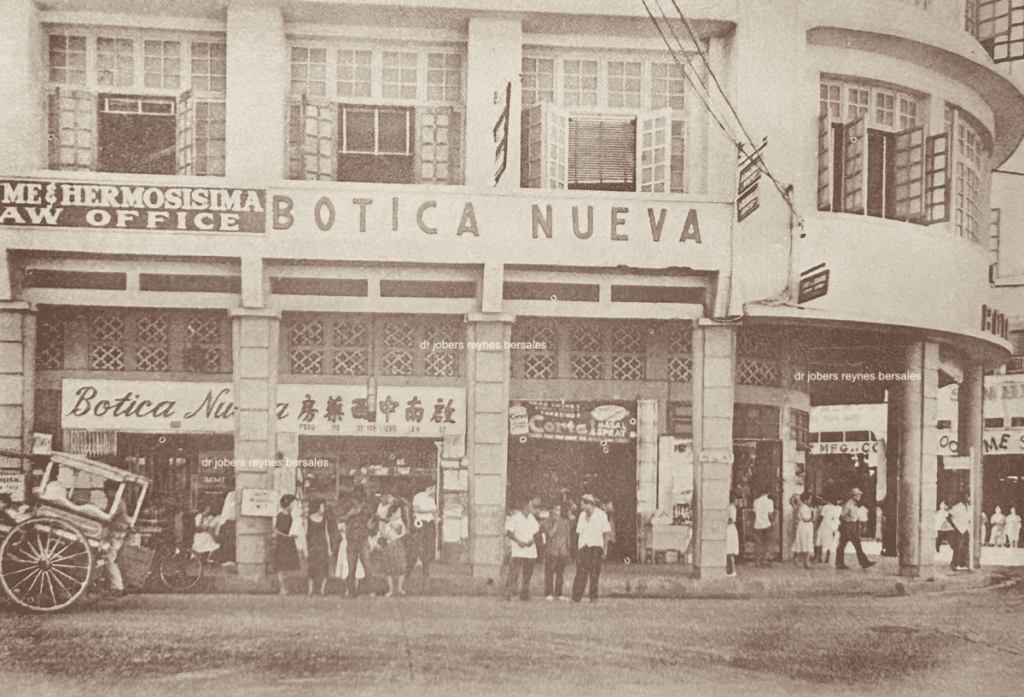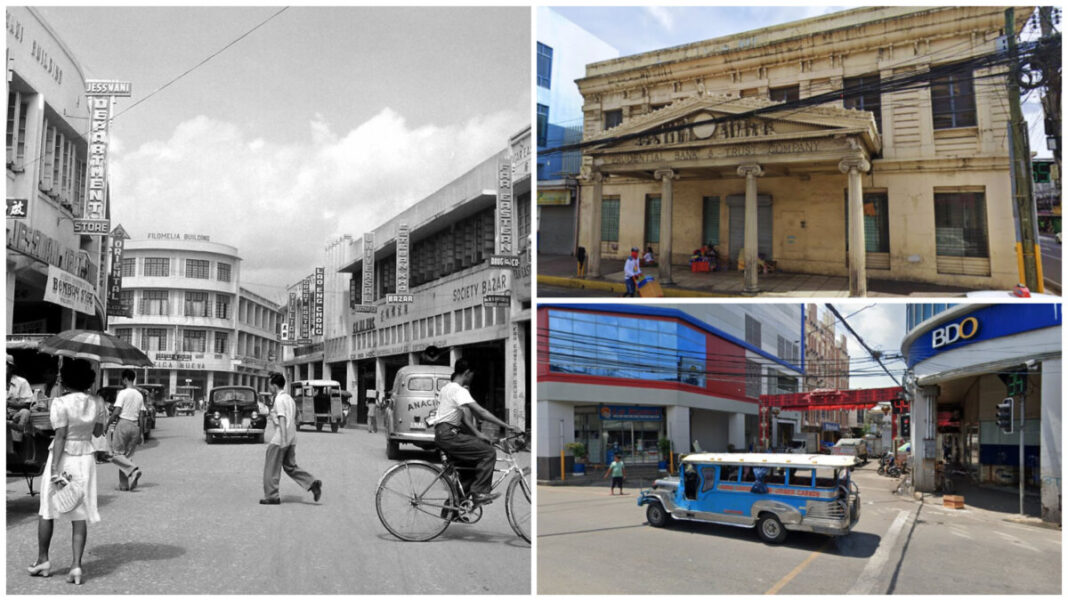Two streets, one title. Only one will walk away with the oldest street crown.

The question of which street holds the title of the oldest street in the Philippines has been widely recognized as Colon Street in Cebu City. However, a recent study has caused serious doubts about this claim. Dr. Jose Elezar Bersales, a historian and archaeologist, argues that the actual title of the oldest street in the city belongs to Magallanes Street. But does this claim hold up to historical inspection?

Walk Through Behind
The street of Magallanes traces its history back to the Spanish colonial era, specifically to the establishment of the first Spanish Settlement in the Philippines in 1565. Magallanes Street was named after the famous explorer Ferdinand Magellan, who arrived in Cebu in 1521. The street was part of the early urban planning efforts by the Spanish colonizer. Historical maps, particularly one dated 1699, clearly show that Magallanes Street connected vital colonial institutions, such as the Plaza Sugbu, Basilica Minore del Santo Niño, and Fuerte de San Pedro, all of which are core to the settlement’s design. It served as a crucial artery within the initial grid, giving it significant historical weight in the urban history of the Philippines.

Mapped And Misunderstood?
For over a century, Colon Street has been widely recognized and promoted as the oldest street in our country. However, this claim originated from the American era in the early 20th century, and Dr. Bersales notes that a postcard as early as 1910 describes Colon as the oldest street, which was later referenced in the 1933 American Express guidebook. The National Historical Commission of the Philippines (NHCP) reinforces this idea by installing historical markers. However, none of this evidence is based on Spanish-era documents or maps. The earliest available and verifiable map featuring Colon Street dates back only to 1873, which raises significant doubts about its real presence in the original of 1565. Comparing the Colon to Magallanes Street, it appears that the former is located in the colonial maps that align with the city’s oldest plan areas.

Old Roads But New Question
Other streets that are often brought to the debate table, among the oldest, are Calle Real in Intramuros, now known as General Luna Street, and Calle Crisologo in Vigan. However, neither of these old streets was among the first to be established in Cebu’s initial settlement. Calle Real was part of the capital’s formal planning. Moreover, some historians note that Plaza Independencia incorporates pre-colonial footprints. While these streets are significant, they do not meet the definition of a formally planned route.

Every Step Matters
Identifying the oldest street carries a real cultural and heritage value. Just like the streets of Magallanes, it serves as a living testament to the Philippines’ rich and layered history. Reassessing the news or information invites more meticulous historical inquiries that promote critical engagement with how Filipino history is to be remembered, taught, and commemorated throughout.
Magallanes Street in Cebu emerges as one of the most likely candidates for the title of the oldest street in the Philippines. At the same time, Colon Street’s claims appear to rest mainly on 20th-century legend rather than 16th-century fact. Colon remains iconic for its cultural and historical significance as the oldest street in the Philippines, and Magallanes aligns closely with the actual layout of the first Spanish settlement. In contrast, both streets reflect a vital part of Cebu’s history. Each reflects a unique aspect of Cebu’s colonial past, and together they contribute to a richer understanding of the country’s urban and national heritage.

